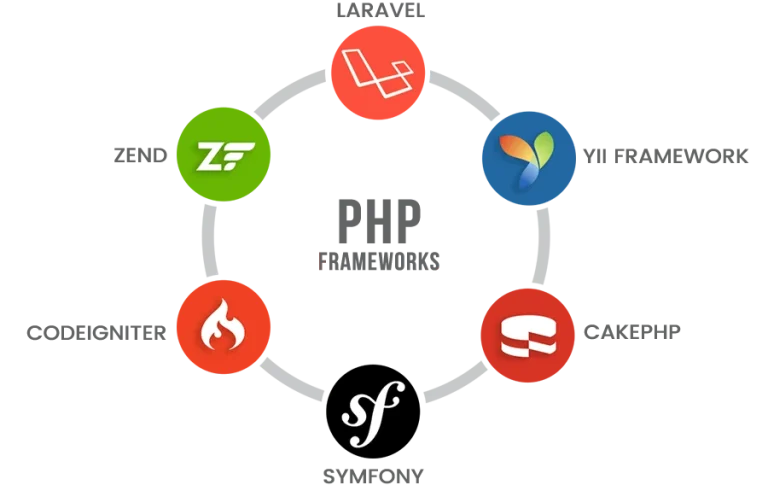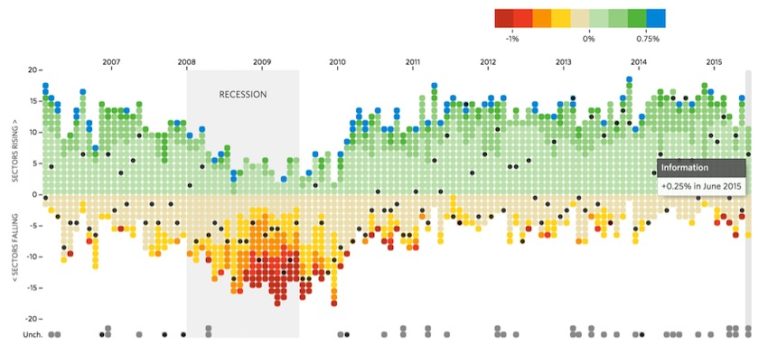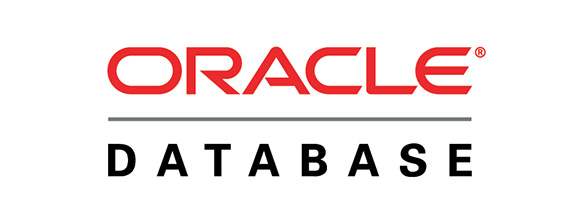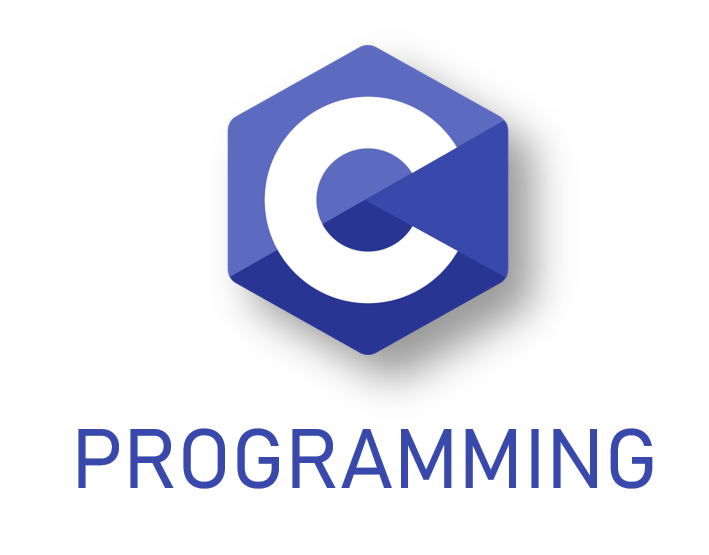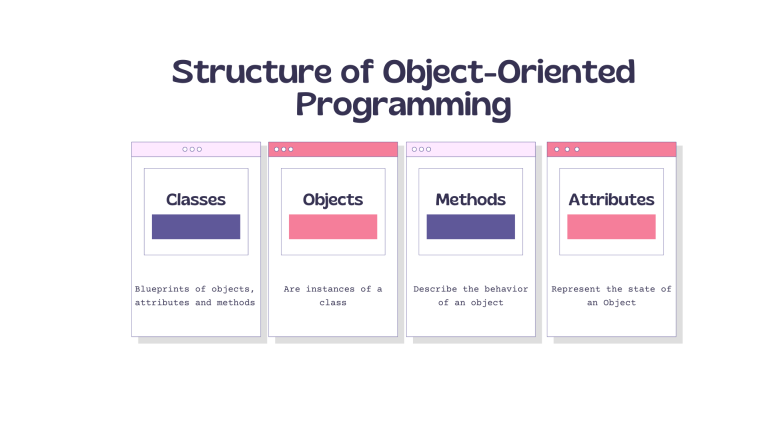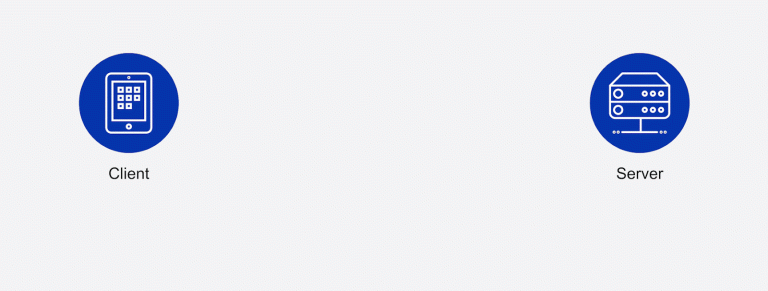PHP 8.0 introduced Just-In-Time (JIT) compilation as a feature to enhance the performance of PHP scripts. JIT is a technique where the PHP code is translated into machine code at runtime, offering potential improvements in execution speed. Like any technology, PHP JIT comes with its own set of advantages and drawbacks. In this article, we will explore the pros and cons of PHP JIT.
Pros of PHP JIT:
1. Performance Improvement:
- The primary goal of introducing JIT compilation in PHP is to boost performance. By translating PHP code into machine code, the execution speed can be significantly increased compared to traditional interpretation.
2. Optimized Execution:
- JIT allows for optimizations based on the actual runtime behavior of the code. Hotspots—sections of code that are frequently executed—can be identified and targeted for compilation, leading to more efficient execution.
3. Dynamic Language Handling:
- PHP is a dynamically typed language, and JIT helps in handling the dynamic features more efficiently. It adapts to the dynamic nature of PHP, providing better performance for dynamically typed code.
4. Lazy Compilation:
- JIT in PHP uses lazy compilation, meaning not all the code is compiled into machine code initially. Only the parts of the code that are frequently executed are compiled, reducing the overhead associated with compiling less critical sections.
5. Configuration Options:
- PHP JIT provides configuration options, allowing developers to tailor the JIT compilation process based on their specific needs. This flexibility enables developers to control when to trigger JIT compilation and fine-tune related parameters.
Cons of PHP JIT:
1. Overhead for Small Scripts:
- For small scripts or short-lived processes, the overhead introduced by JIT compilation may outweigh the potential performance gains. The compilation process itself consumes resources, and the benefits might not be realized in scenarios where scripts execute quickly.
2. Resource Consumption:
- JIT compilation consumes additional memory and CPU resources during the compilation process. In scenarios with resource-constrained environments, this can lead to increased server load, impacting overall system performance.
3. Compatibility Concerns:
- PHP JIT may introduce compatibility concerns with certain extensions or libraries that rely on specific behaviors of the PHP interpreter. Developers need to ensure that their existing codebase and dependencies are compatible with PHP JIT.
4. Warm-up Period:
- JIT compilation may involve a warm-up period where the system needs time to identify and optimize frequently executed code paths. During this period, the performance gains might not be immediately apparent.
5. Debugging Complexity:
- Debugging optimized and compiled code can be more complex than debugging interpreted code. The developer’s ability to inspect variables and step through the code may be limited in a compiled environment.
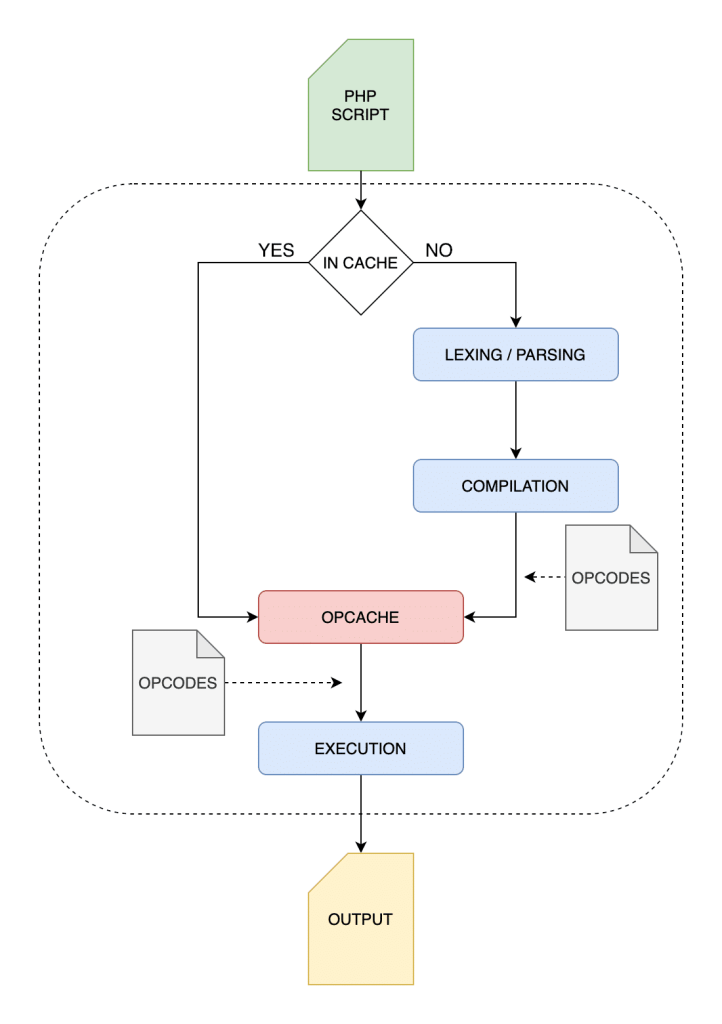
Conclusion:
PHP JIT introduces exciting possibilities for improving the performance of PHP applications, especially in scenarios where execution speed is crucial. However, like any technology, it’s important to carefully consider the trade-offs. The decision to leverage PHP JIT should be based on the specific characteristics of the application, workload, and available system resources. Developers should monitor and analyze the performance impact to ensure that the benefits align with the goals of their projects. As PHP continues to evolve, ongoing improvements and optimizations to the JIT compilation feature may address some of the current limitations.
Reference
https://kinsta.com/blog/php-8/
https://medium.com/@edouard.courty/make-your-php-8-apps-twice-as-fast-opcache-jit-8d3542276595
https://stitcher.io/blog/jit-in-real-life-web-applications



